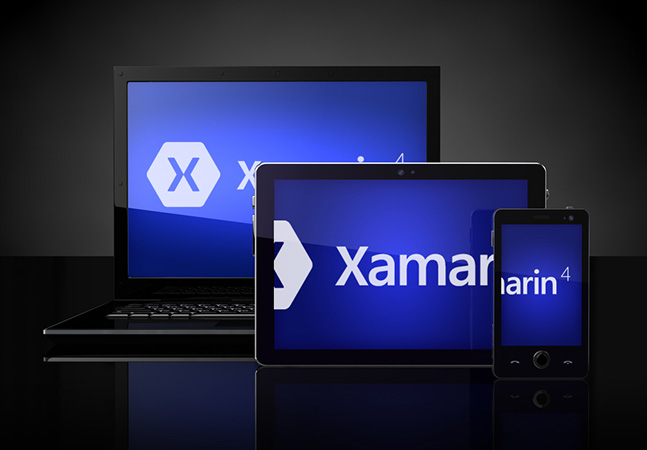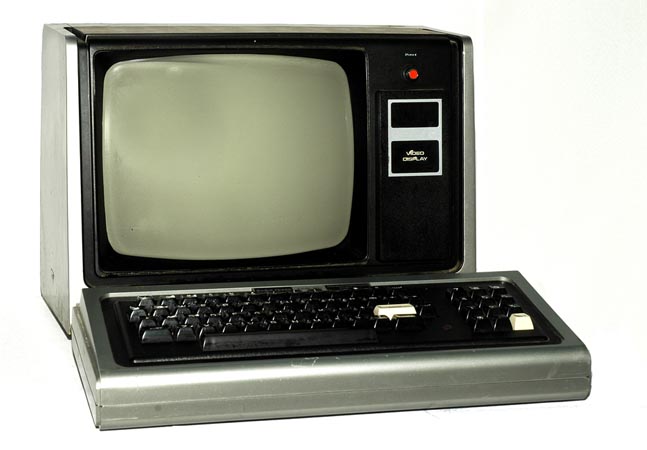
Stephen Toub has documented performance improvements coming in .NET 5, the milestone all-things-.NET unification effort debuting in November that completes Microsoft's transition from the ageing Windows-only .NET Framework to the open source, cross-platform .NET Core direction.

Visual Studio senior program manager Mads Kristensen has created a new extension pack for the IDE to ease the acquisition of the basic tools that would benefit all developers.

We reported that Visual Studio 2019 v16.7 Preview 2 -- <a href="https://visualstudiomagazine.com/articles/2020/06/04/vs-2019-16-7-preview-2.aspx" target="_blank">released</a> early last month -- sported a C++ focus, and that holds true for Preview 3.

While the latest TIOBE Index of programming language popularity isn't earth-shaking -- focusing on an all-time high for statistical language R -- perhaps the the biggest surprise is this: Classic Visual Basic (VB6) is still in the top 20.

Amazon Web Services introduced a tool to help its cloud computing users port their .NET Framework apps to .NET Core, the open source, cross-platform successor to the 18-year-old, Windows-only legacy framework.

Right now, in Visual Studio, you can create a solution that takes a single UI with its code and shares it across Windows, Android, macOS, iOS and web browsers. It's not a perfect cross-platform solution (yet), but it's here now.

Microsoft updated tools for its functional programming-oriented F# language and announced a beta for the milestone TypeScript 4.0 release scheduled for Aug. 4.

Microsoft shipped Preview 6 of the unifying .NET 5 framework, with several updates being added to the web site development component of the framework -- ASP.NET Core -- including the addition of a Blazor WebAssembly template.

Microsoft shipped the sixth preview of .NET 5, saying the milestone release designed to combine all things .NET is only two steps away from becoming feature complete in preview 8, with the final GA release scheduled for November.

Microsoft officially released gRPC-Web for .NET, aiming the RPC-based (Remote Procedure Call) framework at browser-based apps, including those built with Blazor, the red-hot project that allows for creating browser/web apps with C# instead of JavaScript.

Microsoft shipped Xamarin.Forms 4.7, improving the definition of grid columns and rows, multi-bindings, shapes/paths and more.

Microsoft today announced the fifth previews of .NET 5.0 and Entity Framework Core 5.0 en route to a November general release date, though not all of the planned functionality will be finalized by then because of the COVID-19 pandemic.

Microsoft cranked out June 2020 updates to .NET Core 3.1 (and 2.1) to address a denial-of-service (DoS) vulnerability.

This week saw two third-party vendors of dev tools -- UX and UI toolkits and controls -- release new offerings that include support for two of Microsoft's main open source frameworks, the cross-platform .NET Core 3.1 and Blazor, which allows for creating browser-based web applications with C# instead of JavaScript.

C++ development is a focus point of the new Visual Studio 2019 v16.7 Preview 2, featuring a slew of tweaks and improvements touching upon remote SSH connections, IntelliSense support and more.

Microsoft already stewards several popular programming languages -- C#, TypeScript, F# -- so what's up with its love of Rust, along with the rest of the world?

Microsoft's C# programming language climbed a year-over-year notch on the TIOBE Index, which measures popularity among developers.

Microsoft is furthering its work to target mobile app development with Blazor, the ASP.NET Core offering that originally was developed to allow for C#-based web development instead of JavaScript through the use of WebAssembly for the client side.

Microsoft's embrace of open source is paying off, says Stack Overflow in its new developer survey, as TypeScript has vaulted into second place (behind Rust) as the "most loved" programming language, pulling away from Python, with which it tied in last year's survey.

Microsoft has open sourced GW-BASIC, a programming language developed some 38 years ago. GW-BASIC and variants such as QBasic, QuickBasic and others provided the onramp to computer programming for many industry veterans.